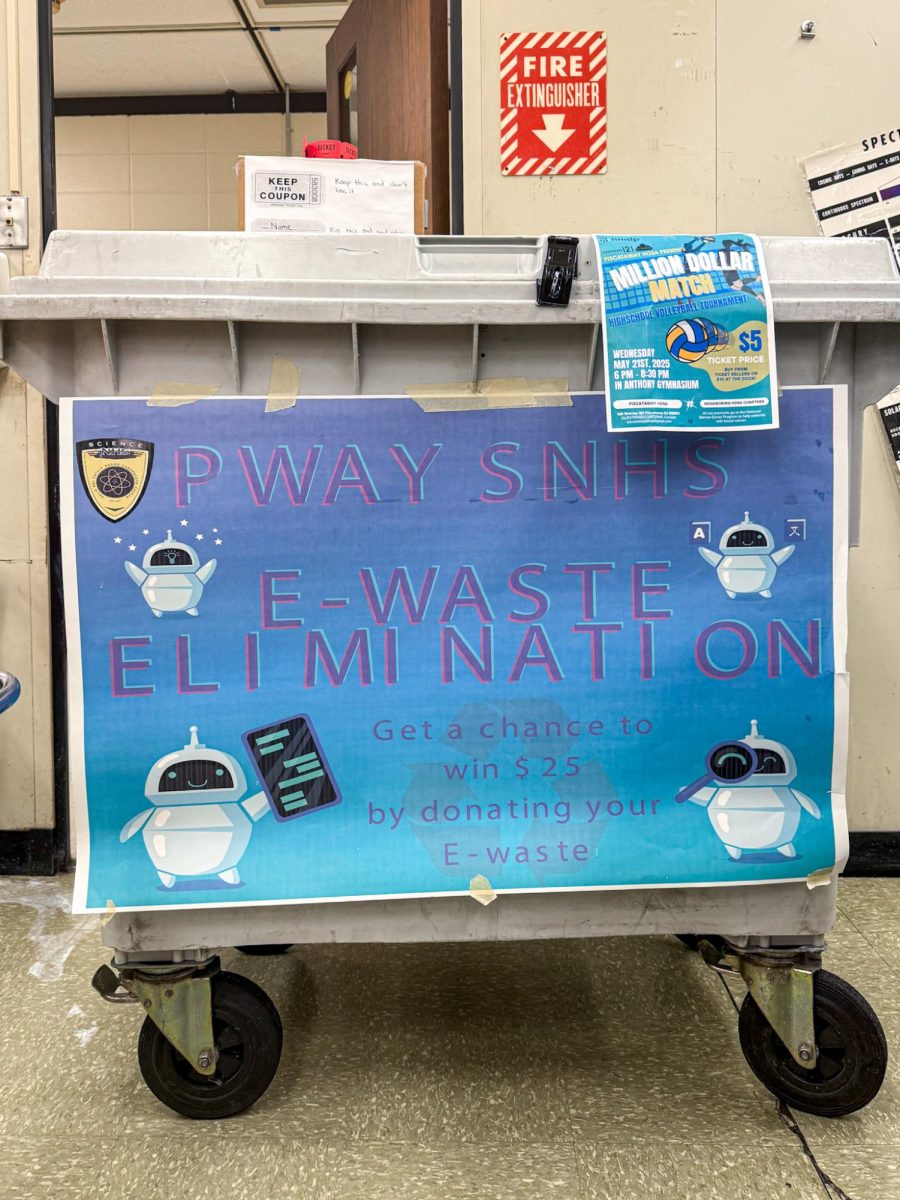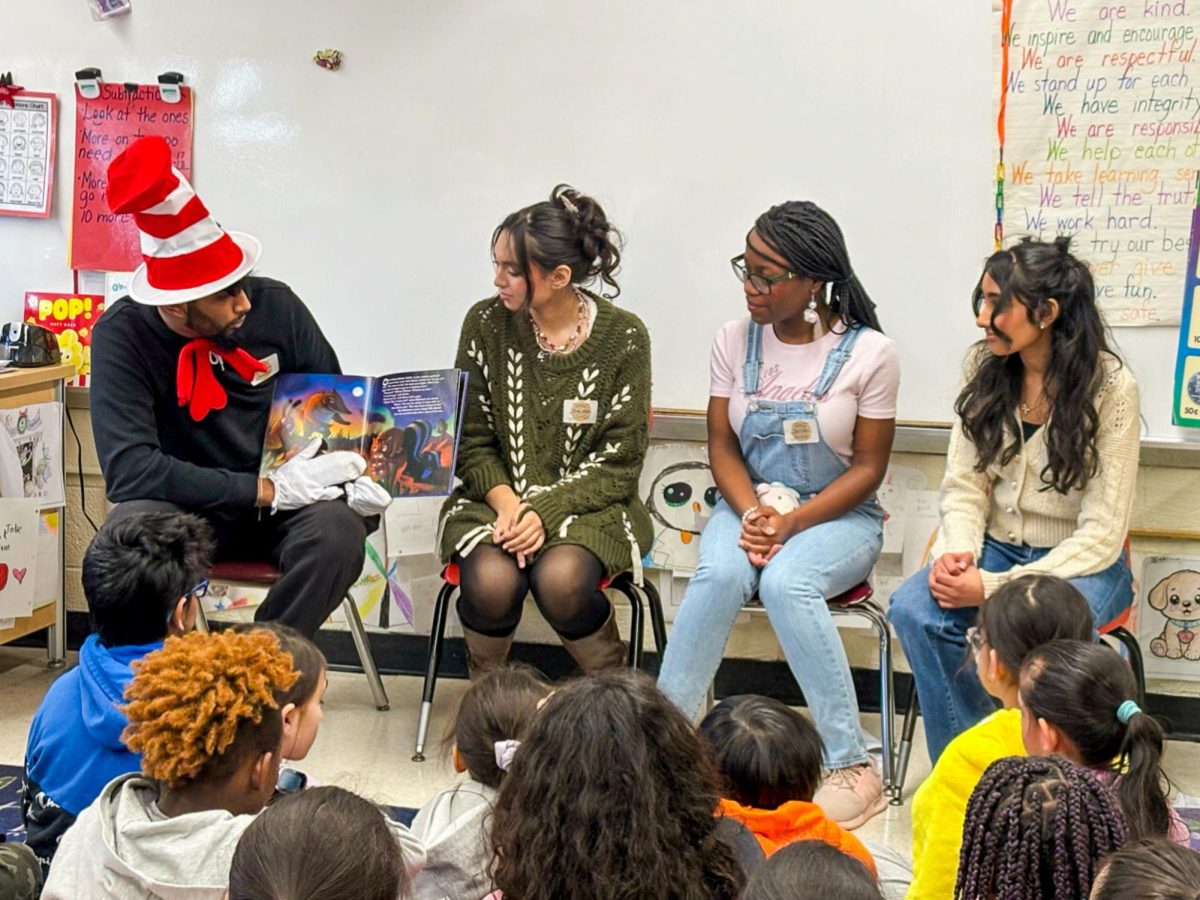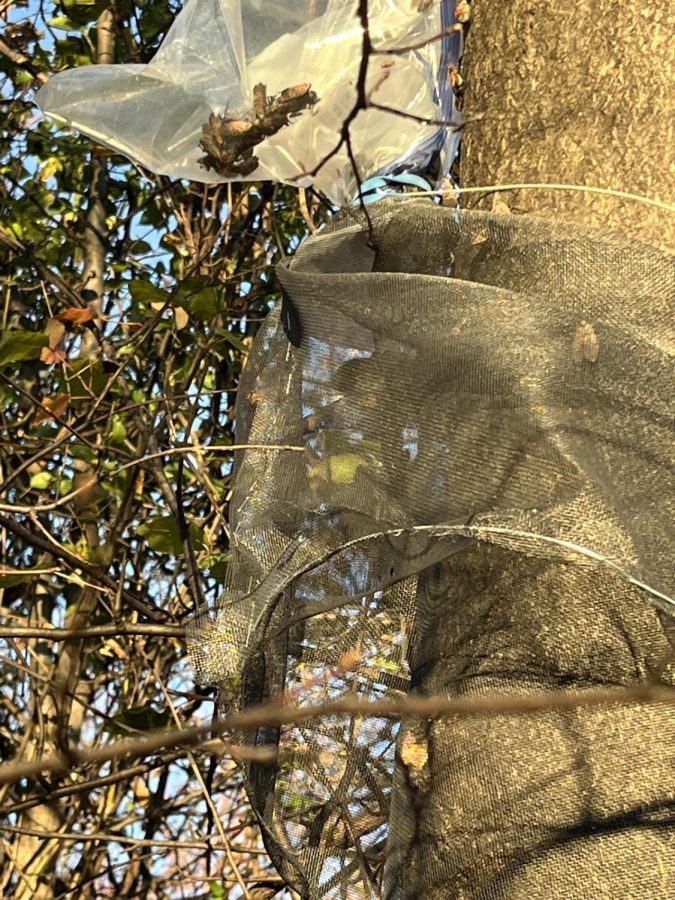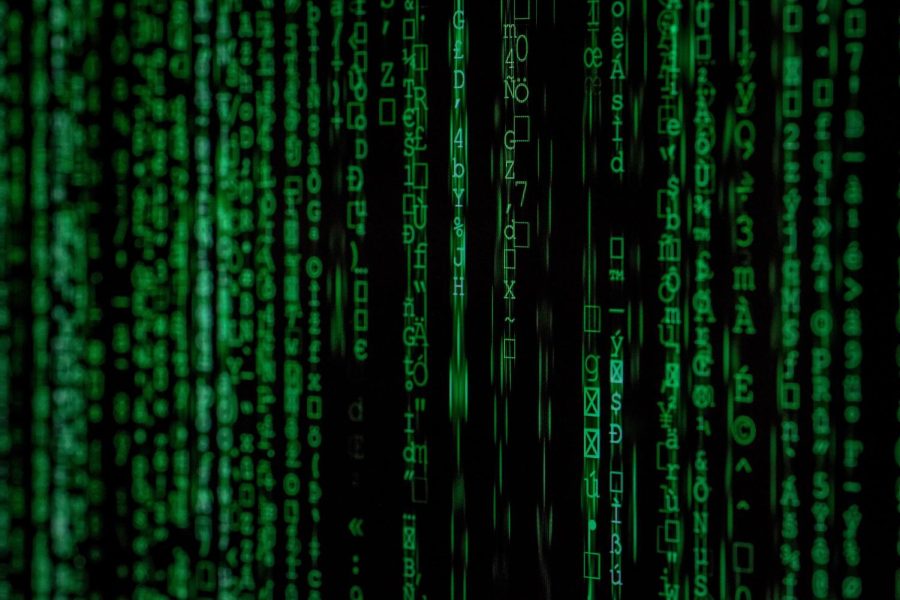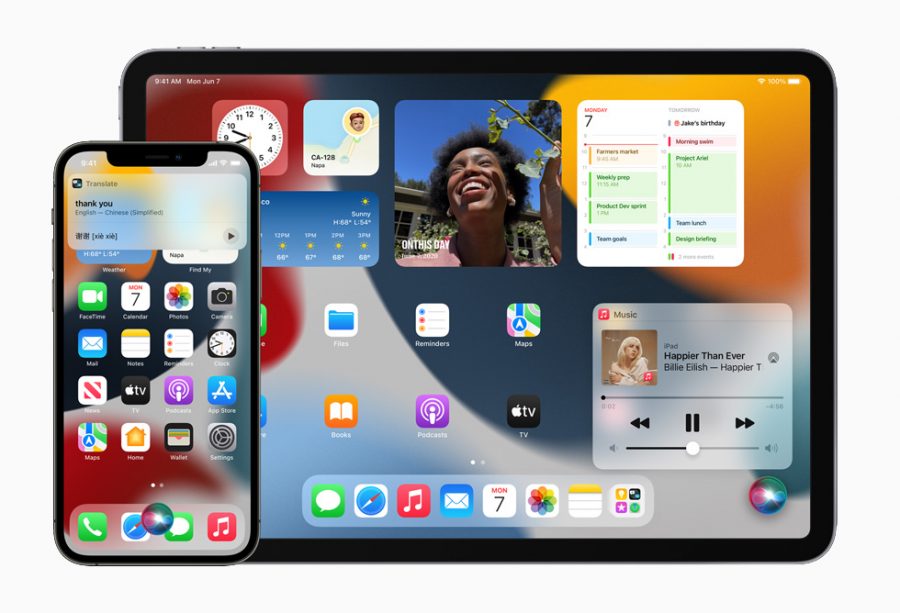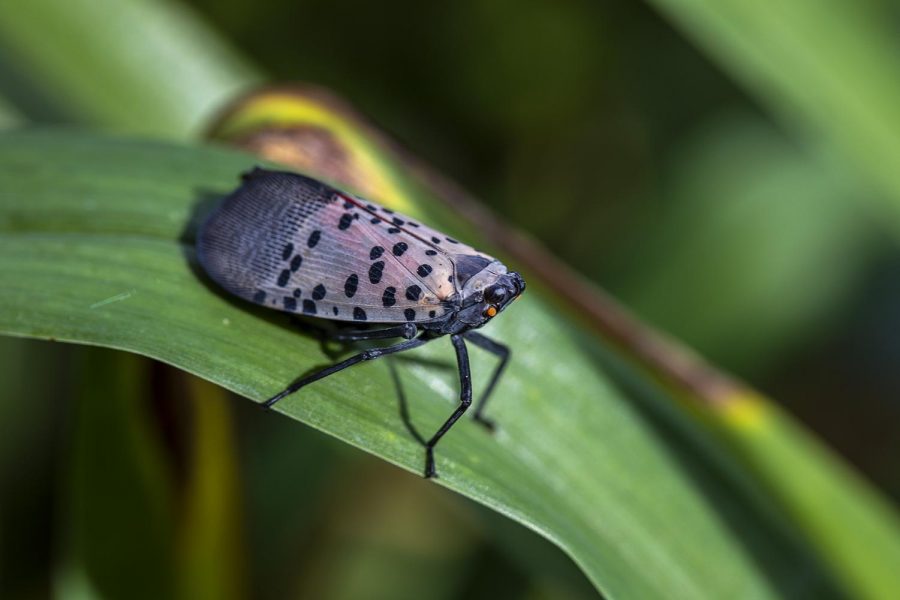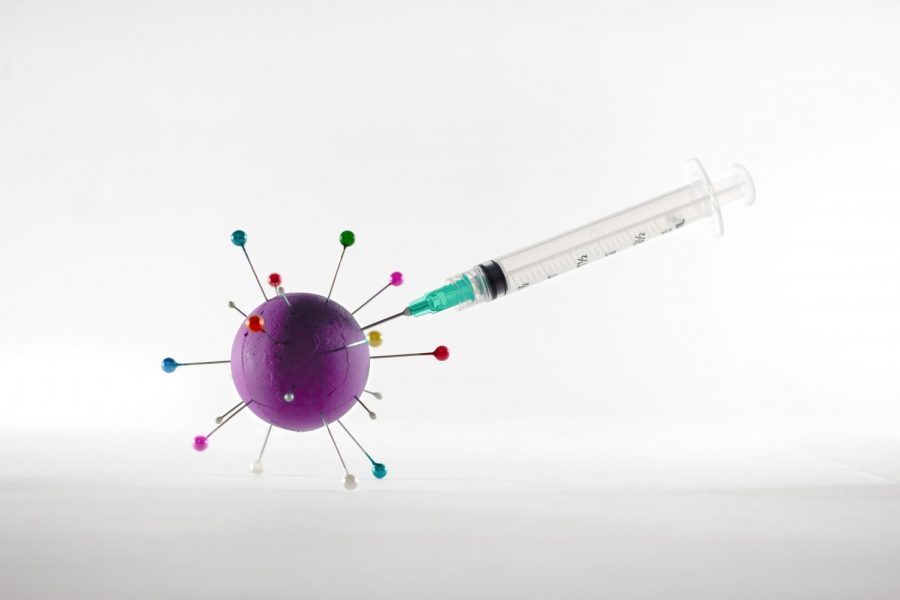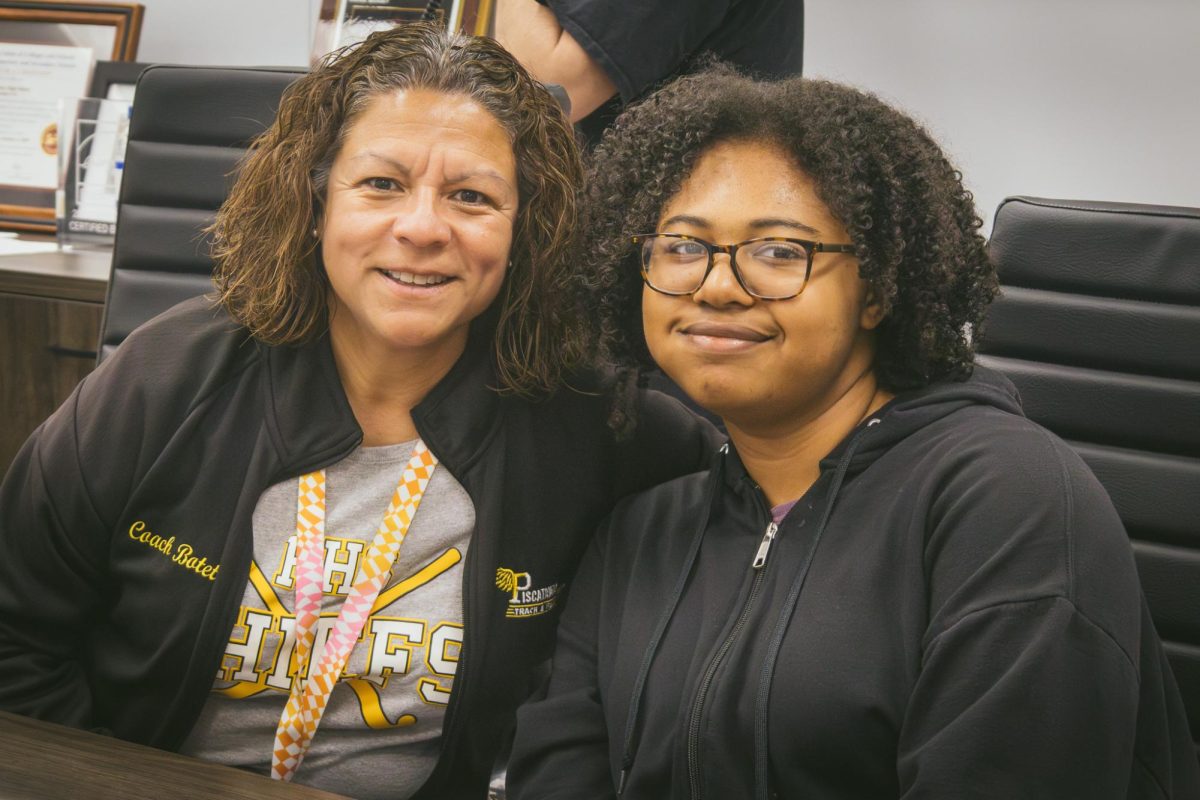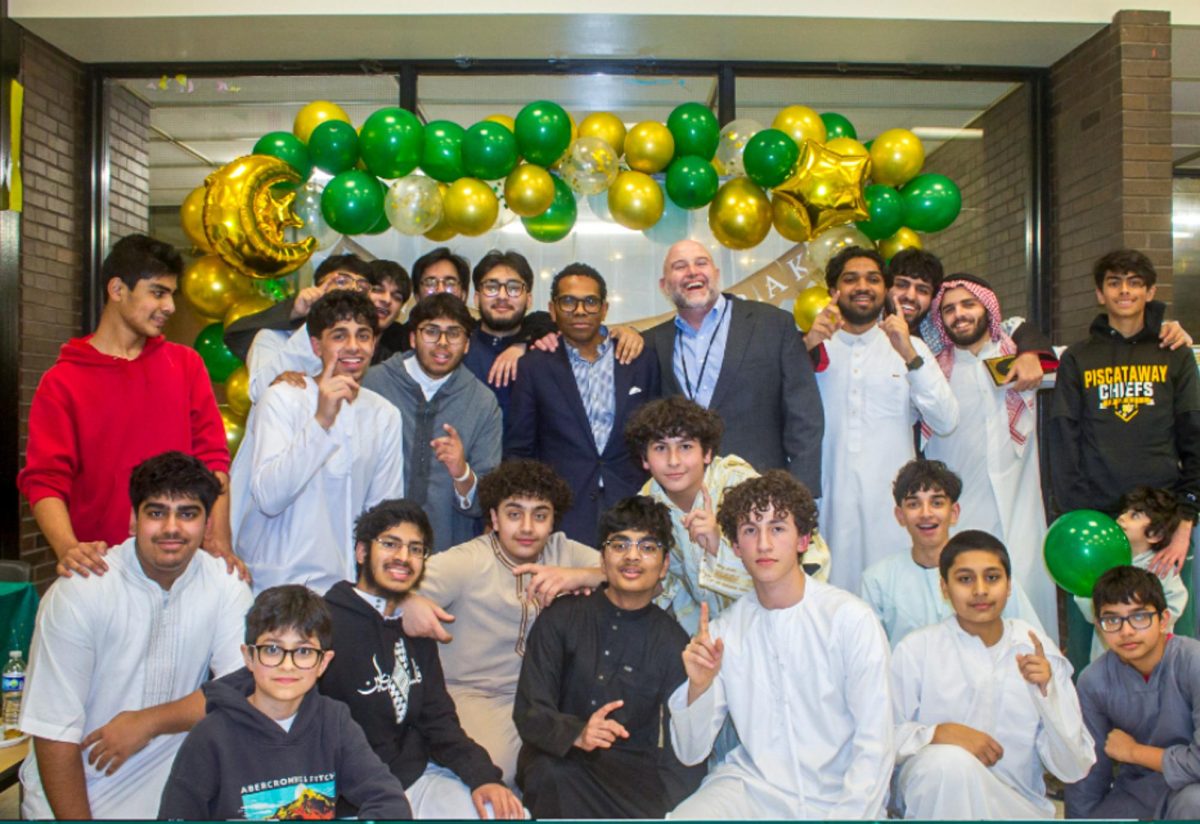The Science National Honors Society, or better known as SNHS, announced an E-Waste Drive that started on March 24th and is ending on April 28th. An e-waste drive is the collection of electronic devices and equipment so that it can be transferred to the correct recycling port for proper disposal instead of it being thrown in the landfills, which would cause a dangerous amount of harm both to the health of the environment and the health of humans because of the potential leakage of toxic chemicals in the devices that would then fuse into the homes of many species out there and into natural aspects that are needed for survival for all, such as water bodies, soil, etc.
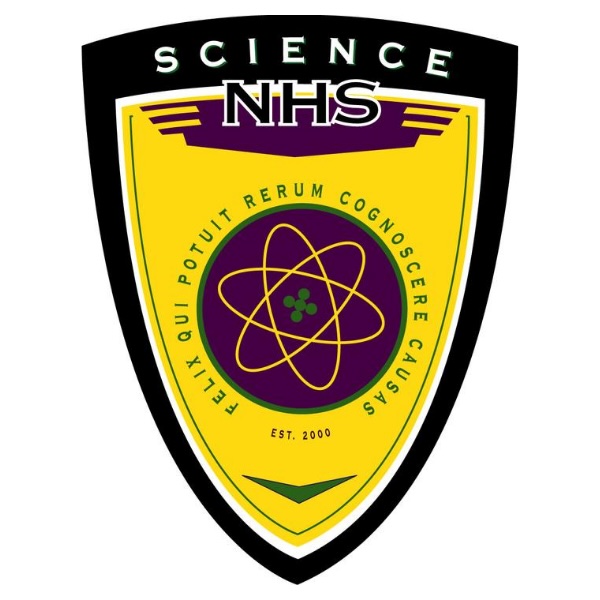
At PHS, SNHS organized it in a way that there would be a bin on wheels between the Anthony Cafe, near the G-wing ramp, and the C-wing before homeroom (before 7:09 AM), during both lunches, and after school with a member from the society to help guide you all along at all locations. And after an interview with one of their members, Nikhil Gill, we quickly found that it is a lot more impactful and important than how society usually thinks it is.
“These products are designed to end up not functioning at some point for extensive profit,” says Gill, and “people should know that there are better places than the landfills to dispose of them.” The reason for that is because of how little known this concept is, or at least not as big as it should be. Society has absolutely no idea that something like this is even possible. “When [people] dispose of these things improperly, it’ll end up leading to a bunch of pollutants and landfills we don’t want.” By the end of this, other than being able to recycle electronics in the correct way, spreading awareness and making it known to students is equally as important.
“Hopefully [this] changes people’s minds in terms of how they dispose of their e-waste going forward,” says Gill. When asked about his favorite part of this whole concept, he responded by stating, “Every time I check the bin, there is something in [it], and something is better than getting rid of nothing.”
“You want to be able to pave the way for new things by getting rid of the old; that’s how I think about it,” said Gill, “because looking out for future generations and the progress of STEM is the responsibility of those in the present.”
Taking conscious, tiny steps, such as going to an e-waste drive, whether in PHS or an initiative elsewhere, can drastically improve chances of the betterment in the quality of life for us in the future and those after us. Just like how Neil Armstrong had said, “This is one small step for [a] man [but] one giant leap for mankind.”
For those still interested, SNHS is accepting smart devices, batteries, wires/cords, and lights till April 28th!


